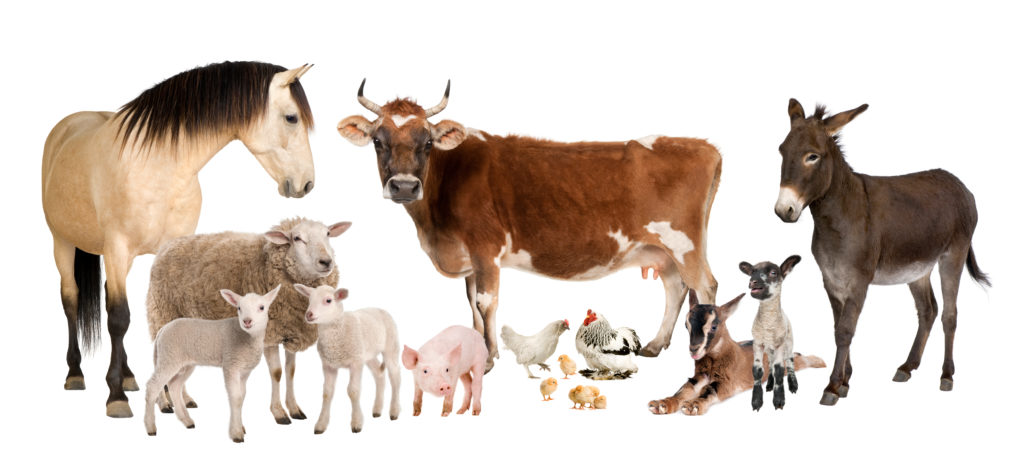The SQP Code of Practice
It is a requirement for all SQPs to comply with all relevant legislation and that is explained in the SQP Code of Practice. The Code of Practice is a lengthy document which covers the following key responsibilities:
- Ensuring the SQP has enough information to make a suitable recommendation. This involves asking the right questions which is why Vetpol has dedicated an entire section in our Core module to communication skills.
- Keeping written records.
- Adopting responsible prescribing recommendations. Farm SQPs have to follow Best Practice advice from SCOPS and COWS.
- Understanding how to report an “adverse event”. This is an unintended side effect that occurs after the use of a veterinary medicine.
- Ensuring there is a nominated SQP at the registered premises who ensures that medicines are correctly sourced, stored supplied and disposed of.

Summary of key points of the SQP Code of Practice
If you are thinking about studying to become a SQP, Vetpol gives training that will help with understanding the Code of Practice and how to apply it, so no-one should be put off by the following list! It is here as a quick reference source for those who want it.
This list covers key points only, so both students and SQPs should always refer to the full Code of Practice the learning and ensuring that the Code is being followed at all times.
Key Points
- There are 3 different types of Registered Qualified Person (RQP) and these are vet, pharmacist or SQP. All SQPs must be registered with an appropriate body, such as Vetpol.
- An SQP may supply products that have the distribution category POM-VPS, NFA-VPS or AVM-GSL.
- An SQP may only prescribe products according to their registration, i.e., Companion Animal, Equine, Farm &/or Avian.
- It is the duty of a SQP to ensure that the legal requirements for prescription and supply of POM-VPS and NFA-VPS are complied with.
- CPD (ongoing training) must be undertaken by all SQPs in accordance with the requirements of the body they are registered with, e.g., Vetpol.
- To supply a POM-VPS medicine, a SQP must first prescribe it, unless they are supplying a written prescription from another RQP. Prescribing is the decision made by the SQP on which veterinary medicine to supply.
- An SQP should provide a written prescription on request.
- Before supplying a medicine, the SQP should obtain the following information:
- Species
- Total number of animals to be treated
- Age of animal
- Whether the animal is in good health
- Whether the animal is pregnant or lactating
- Whether the animal is on any other medication
- Whether the owner knows how to use the product safely/effectively
- Whether the owner knows what the medicine is supposed to do
- Whether the owner has already been provided with any warning on the product SPC (data sheet)
- For farm animals only: What are the animals’ intended use (milk, meat, eggs, etc)
- For farm animals only: Does the customer know the withdrawal periods where relevant
- For sheep dips: the customer must hold a Certificate of Competence in the Safe Use of Sheep Dips. For organophosphorus dips, the SQP must also supply protective gloves and a laminated notice specified in the VMR.
- For horses and donkeys, the SQP must check the passport to see if the animal has been declared as non-food producing.
- For sheep and cattle wormers, SQPs should follow the recommendations of SCOPS and COWS. These recommendations are covered in the farm module.
- The requirements of the SQP cannot be delegated, but the handing over or dispatch of a product may be delegated, providing the SQP has prescribed or supplied the medicine, has checked the medicine has been correctly picked from the store, has set aside the medicine for the specific customer and is satisfied that the person handing over or dispatching the product is competent to do so.
- When supplying a product against a prescription, the SQP must only supply what is on the written prescription, ensure that the prescription has come from a RQP allowed to prescribe the product, check the prescription is suitable for the condition and ensure that it is supplied to the person named on the prescription.
- If the SQP cannot supply the prescribed product or disagrees with the prescription he or she should refuse to supply.
- An SQP must not break open the immediate packaging of a veterinary medicine. However, if the the product is individually wrapped, eg, a cattle bolus, the product may be supplied in appropriate packaging along with an SPC (data sheet).
- An SQP must record the details of medicines supplied, both ingoing and outgoing.
- SQPs must understand how to report adverse events.
- An individual SQP should be nominated to be responsible for professional standards within a registered premises, including how medicines are obtained, stored, supplied and disposed of.
- It is an offence to possess or supply an unauthorised veterinary medicine (except under certain conditions), supply a medicine that has passed its expiry date, supply a product that is not in its original packaging, substitute a different product for a medicine that has been prescribed by another SQP.
We hope this list does not appear too daunting to students! You will be surprised how much you know by the end of the Vetpol training modules!!


